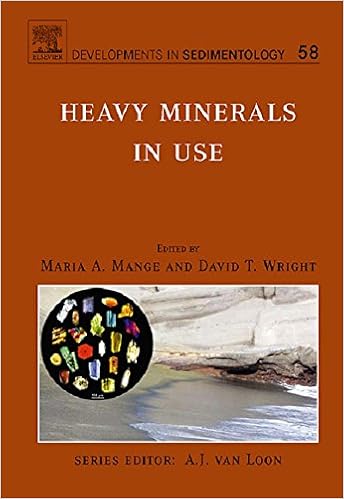
Young America had “a pleasing hope-a fond desire-a longing after” territory.

He (the Young American) owns a large part of the world, by right of possessing it and all the rest by right of wanting it, and intending to have it. Abraham Lincoln summed up this criticism with a fair amount of sarcasm during a speech in 1859: 4 Many members of the Whig Party (and later the Republican Party) argued that the United States’ mission was to lead by example, not by conquest. For opponents of manifest destiny, the lofty rhetoric of the Young Americans was nothing other than a kind of imperialism that the American Revolution was supposed to have repudiated.

However, many Americans, including Emerson, disapproved of aggressive expansion. Which should be that nation but these States? Which should lead that movement, if not New England? Who should lead the leaders, but the Young American? 3 In every age of the world, there has been a leading nation, one of a more generous sentiment, whose eminent citizens were willing to stand for the interests of general justice and humanity, at the risk of being called, by the men of the moment, chimerical and fantastic.

2 Poet Ralph Waldo Emerson captured the political outlook of this new generation in a speech he delivered in 1844 titled “The Young American”: The Young America movement, strongest among members of the Democratic Party but spanning the political spectrum, downplayed divisions over slavery and ethnicity by embracing national unity and emphasizing American exceptionalism, territorial expansion, democratic participation, and economic interdependence. The new religion of American democracy spread on the feet and in the wagons of those who moved west, imbued with the hope that their success would be the nation’s success. These beliefs and the resulting actions were often disastrous to anyone in the way of American expansion. All three of these claims pushed many Americans, whether they uttered the words manifest destiny or not, to actively seek the expansion of democracy. Third, God and the Constitution ordained an irrepressible destiny to accomplish redemption and democratization throughout the world. Second, the lands on the North American continent west of the Mississippi River (and later into the Caribbean) were destined for American-led political and agricultural improvement. First, many Americans believed that the strength of American values and institutions justified moral claims to hemispheric leadership. Wikimedia.Īlthough called into name in 1845, manifest destiny was a widely held but vaguely defined belief that dated back to the founding of the nation. John O’Sullivan, shown here in a 1874 Harper’s Weekly sketch, coined the phrase “manifest destiny” in an 1845 newspaper article. Manifest destiny was grounded in the belief that a democratic, agrarian republic would save the world. The quasi-religious call to spread democracy coupled with the reality of thousands of settlers pressing westward. O’Sullivan and many others viewed expansion as necessary to achieve America’s destiny and to protect American interests.
#Chapter 10 section 3 acquiring new lands free
Why, were other reasoning wanting, in favor of now elevating this question of the reception of Texas into the Union, out of the lower region of our past party dissensions, up to its proper level of a high and broad nationality, it surely is to be found, found abundantly, in the manner in which other nations have undertaken to intrude themselves into it, between us and the proper parties to the case, in a spirit of hostile interference against us, for the avowed object of thwarting our policy and hampering our power, limiting our greatness and checking the fulfillment of our manifest destiny to overspread the continent allotted by Providence for the free development of our yearly multiplying millions.

In a little-read essay printed in The United States Magazine and Democratic Review, O’Sullivan outlined the importance of annexing Texas to the United States: John Louis O’Sullivan, a popular editor and columnist, articulated the long-standing American belief in the God-given mission of the United States to lead the world in the peaceful transition to democracy. The Monroe Doctrine and Manifest Destiny. Antebellum Western Migration and Indian Removal


 0 kommentar(er)
0 kommentar(er)
